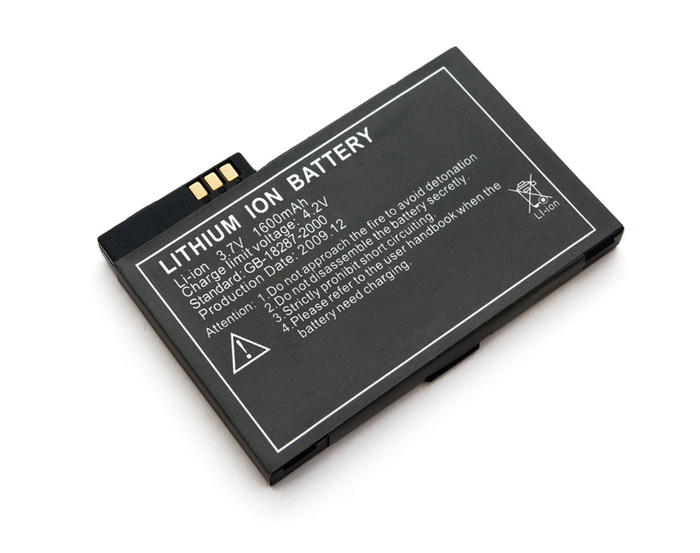A team of scientists working for Stanford University in the United States has created a new type of lithium-ion battery that cannot explode when working at high temperatures thus solving one of the major issues these batteries have been having for many years. When the battery reaches high temperatures it simply shuts down and then restarts when it gets down to a safe temperature level.
“People have tried different strategies to solve the problem of accidental fires in lithium-ion batteries,” said Zhenan Bao, a professor of chemical engineering at Stanford. “We’ve designed the first battery that can be shut down and revived over repeated heating and cooling cycles without compromising performance.”
The new battery uses nanotechnologies to achieve this technological feat. The team that stands behind it used nano-sized nickel particles that had been sprayed with graphene, an atom-thick layer of carbon, and then embedded the particles into a thin film of elastic polyethylene. In order to conduct electricity the nickel particles have to be close but when the battery gets too hot these particles move away from each other due to thermal expansion. Thus electricity cannot flow anymore but once the battery cools down the nickel particles get closer again and electric current can flow once again.
The new batteries should find use in numerous portable devices such as smartphones, computers, navigation systems and all kinds of devices that use battery power. The only thing that remains is to see when we will actually have them in our pockets. Unfortunately it seems that this won’t happen very soon.
Source: Stanford University

